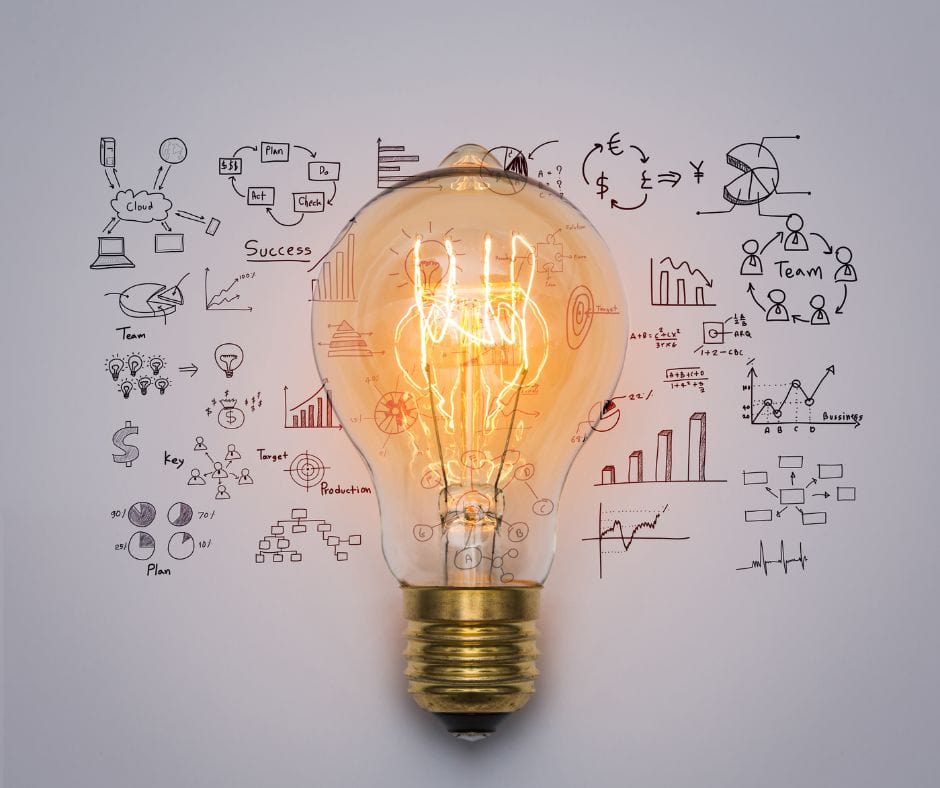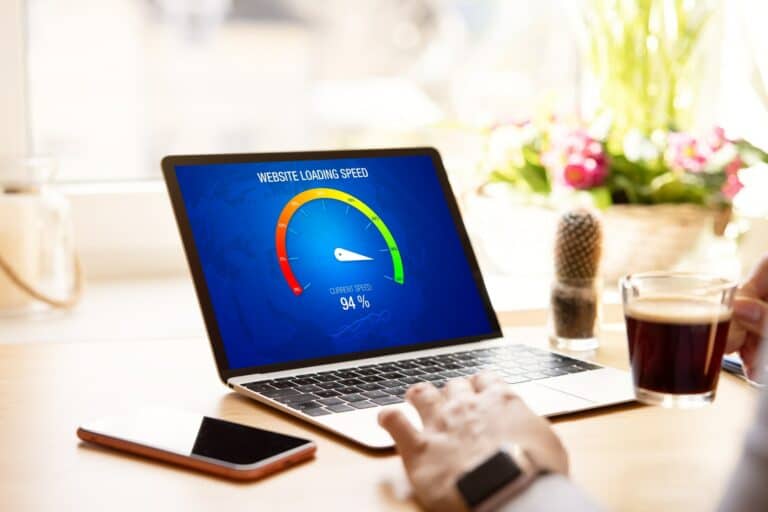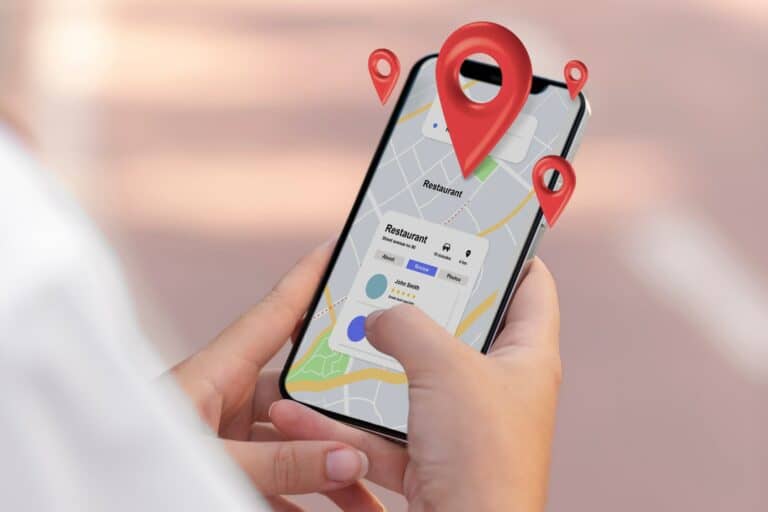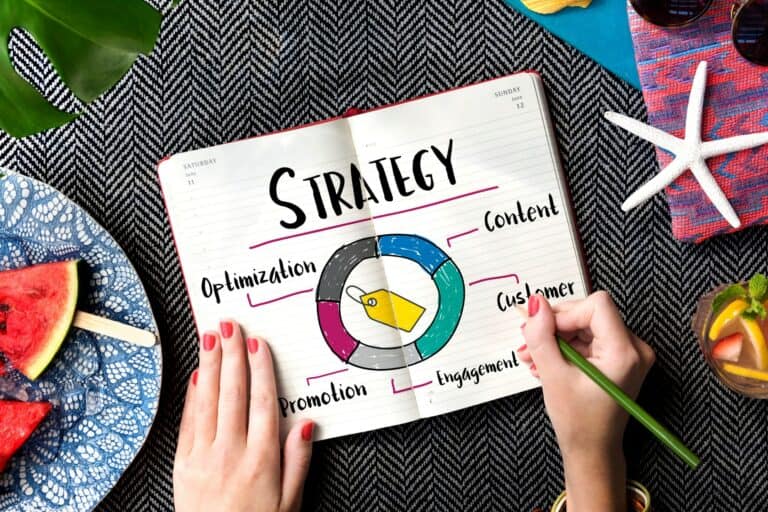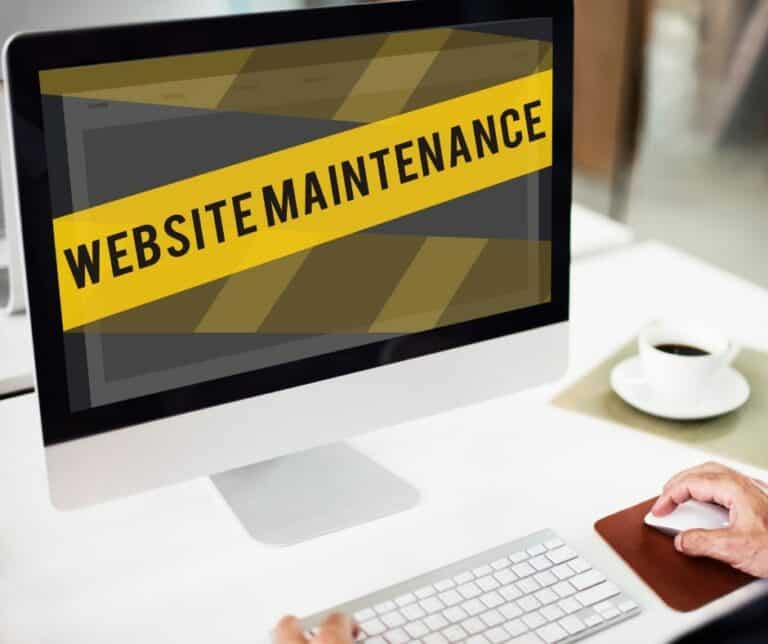PPC is a digital marketing model where advertisers pay a fee each time one of their ads is clicked, is an essential tool for driving traffic and conversions. This article explores recent advancements in PPC and addresses key questions about its nature and types.
Recent PPC Industry Updates
AI and Automation:
In 2023, AI’s role in optimising PPC campaigns has grown significantly. Marketers increasingly use AI to enhance keyword optimisation, bid analysis, and click-through rate predictions, providing a competitive edge.
Audience Targeting: Shifting focus from keywords to audience characteristics, marketers now emphasise traits like household income or age group for more effective targeting.
Mobile Friendly Options: Over 70% of paid search impressions come from mobile devices, emphasising the need for mobile optimised PPC ads.
Smart Bidding and Performance Max: Smart bidding, using machine learning for bid strategies, has become more prevalent. Performance Max campaigns, allowing ads on platforms like YouTube and Gmail, have seen increased adoption.
First-Party Data Collection: With the delay in phasing out third-party cookies, collecting first-party data has become more critical for advertisers.
Google Ads Introductions: Google introduced Vehicle Listing Ads for car dealerships and new business name and logo ad assets for verified advertisers.
AI-Driven Campaigns by Google and Microsoft: Google’s new Demand Gen and Video View campaigns, and Microsoft’s AI-driven responsive search ads, mark significant strides in AI utilisation in PPC.
YouTube’s Changes: YouTube is set to retire overlay ads and introduce measures to combat ad blocker use, impacting video advertising strategies.
Understanding PPC
What PPC Means: PPC stands for Pay-Per-Click, a model where advertisers pay a fee each time their ad is clicked. It’s primarily used for driving traffic to websites. Here are three types:
Search Advertising: Ads appear on search engine results pages.
Display Advertising: Visual ads on websites within an ad network.
Social Media Advertising: Ads on social media platforms like Facebook, Instagram, and LinkedIn.
A classic example is a Google Search campaign where a business pays to have its website link appear at the top of Google’s search results for specific keywords.
The PPC landscape in 2023 is rapidly evolving, with significant developments in AI, audience targeting, and platform-specific strategies. Staying informed about these changes is vital for any marketer looking to leverage PPC effectively. Understanding the basics of PPC and its various types, alongside these industry updates, is key to crafting successful digital marketing strategies.
